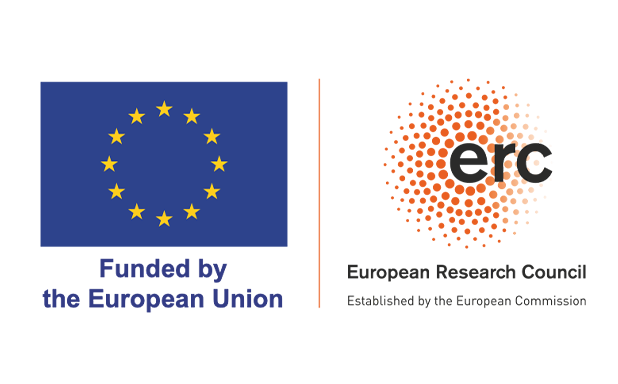Today, the prestigious European Research Council (ERC) Synergy Grants 2024 have been announced, and Dr Cristina Pina, a scientist and researcher from Brunel University of London, will receive just under €2.5 million to support her collaborative research project MakingBlood. The innovative project focuses on generating fully-functional blood stem cells that can be used in life-saving transplants for patients who suffer from blood diseases.
The other five European institutions collaborating on the project have also received grants, bringing the total grant to just under €10 million.
“At present, blood stem cells are collected from donors, but all too often a suitable stem cell donor cannot be found,” explained Dr Cristina Pina, Senior Lecturer in Biomedical Sciences at Brunel, who is a principal investigator on the project. “By producing blood stem cells in the lab, the MakingBlood project aspires to achieve off-the-shelf, donor-independent treatment options for all patients who require a stem cell transplant.”
Together with Dr Pina, the MakingBlood research group involves three other principal investigators from across Europe: Dr Anna Bigas, Scientific Director of CIBERONC — the biggest network of scientific cancer research in Spain; Professor Gerald de Haan, Research Director of Sanquin — the Netherlands’ Blood Service; and Prof Cecilia Sahlgren, Professor of Cell Biology at Åbo Akademi University in Finland and Eindhoven University of Technology in the Netherlands.
The four scientists are conducting their research in collaboration with Spain’s Hospital del Mar Research Institute and the Josep Carreras Leukaemia Research Institute, as well as Sanquin Research and the three universities they represent. All six institutions have been awarded a separate ERC Synergy Grant to support their lab work and research on the project.
ERC Synergy Grants are part of the European Union’s Horizon Europe research and innovation programme and are designed to support projects across Europe that address the most complex scientific research problems. A total of 548 research groups applied for this year’s funding, and 57 proposals were successful, receiving a total of €571 million.

The 57 winning projects involve 201 researchers who will carry out their projects at 184 universities and research centres in 24 countries across Europe and beyond. Twenty-two projects include one researcher based outside of Europe, and the international aspect of the scheme helps to connect top European research with the best scientific talent from around the world.
This year, nearly 32% of researchers on winning projects are women, which is the highest proportion since the scheme began in 2007. This is a notable increase compared to previous years, with 19% in 2023 and 22% in 2022.
Dr Pina is delighted with the grant and is proud that the MakingBlood research team includes three female principal investigators. “This is an excitingly ambitious project to deliver a complete blueprint of blood stem cell development and engineer a platform for future clinical application,” she said. “We are extremely grateful to the European Research Council for supporting our proposal and hope that our research can one day save the lives of patients in need of a blood stem cell transplant.”
Reported by:
Nadine Palmer,
Media Relations
+44 (0)1895 267090
nadine.palmer@brunel.ac.uk